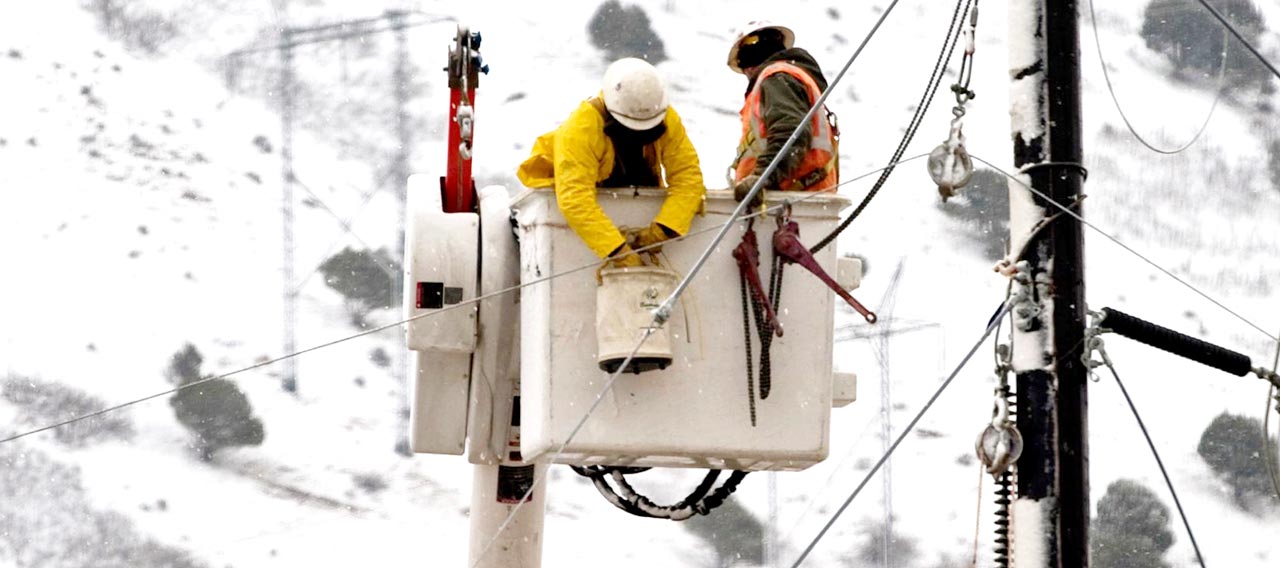- Individuals & Families
- Businesses
- Agents & Brokers
- Embedded Insurance

Chubb ranked #1 for Customer Satisfaction with the Home Insurance Claims Experience

Chubb ranked #1 for Customer Satisfaction with the Home Insurance Claims Experience

Chubb ranked #1 for Customer Satisfaction with the Home Insurance Claims Experience

Chubb ranked #1 for Customer Satisfaction with the Home Insurance Claims Experience

Because pets are family, Chubb now offers pet insurance with top-rated coverage from Healthy Paws.

Chubb offers the insurance protection you need for travel’s many “what ifs”.

Chubb protects small businesses at every stage – from newly formed start-ups to long-time anchors of the community.

Stay ahead of cyber threats with our free Cyber Claims Landscape Report.

Learn more about our dedicated learning paths, Online Learning Center, and more.

Many digital-savvy consumers look for it as a core or add-on option.

Many digital-savvy consumers look for it as a core or add-on option.

Many digital-savvy consumers look for it as a core or add-on option.

Chubb’s in-house technology makes it easy to integrate what we do into your customer experience.
-
About
-
Claims
-
Login & Pay Bill
For Agents & BrokersFor Travel Advisors
-
Back
New technologies are reshaping businesses, and fundamentally altering how and where their employees work. In this new landscape, offering flexible working solutions—such as telecommuting and other forms of remote access—have become critical, allowing businesses to not only operate in a more agile way, but also attract top talent.
Flexible workplaces are in high demand
According to a study by the National Bureau of Economic Research1, workers are willing to trade off pay raises for the option to work from home.
That makes having flexible working policies a huge advantage for businesses, but they might not realize the full extent of the benefits.
A flexible workplace policy can be a safety net
From the COVID-19 crisis to the ever-present threat of terror attacks and natural disasters, it’s impossible for businesses to predict what’s around the corner. As we’ve seen with COVID-19, it’s incredibly difficult to prepare for these crises, but flexible working policies have already demonstrated their worth as a safety net.
Businesses that already have the capacity to continue operating with employees in multiple locations are more likely to weather the storm of a crisis with minimal disruption. Put simply, flexible working arrangements are a ‘dry run’ for more serious situations where working remotely isn’t an innovative benefit, but a necessity.
Of course, not every business can operate remotely, and certain sectors like hospitality and retail will always be more vulnerable in a crisis. But for the businesses that can make it work, investing in flexibility makes a lot of sense.
With the right processes and technologies in place, businesses can worry less about simply staying operational, and focus more on making sure they remain as efficient and effective as they normally would be.

What goes into a successful flexible workplace policy?
If flexibility and adaptability in the workplace come with so many potential benefits, the question becomes: how can businesses make it work?
There’s no one-size-fits-all answer, and the right flexible workplace policy for a particular business will depend on a range of factors including geographic location, reliance on technology, number of staff, and much more.
It’s worth keeping in mind that with remote work, businesses have much less control over the environments their employees are operating in. This can raise all sorts of liabilities. For example, if an employee injures themselves or somebody else in their house while they’re on the clock, who is responsible?
Therefore, some essential components to making remote work arrangement successful are: clear employee communications and training; investing in cyber security and a risk management program; and having the right insurance.
1 National Bureau of Economic Research, Workers would rather work from home than get a raise, https://www.nber.org/system/files/working_papers/w30197/w30197.pdf. Bureau of Labor Statistics, https://www.bls.gov/opub/mlr/2022/beyond-bls/workers-would-rather-work-from-home-than-get-a-raise.htm
Insights and expertise








This document is advisory in nature and is offered as a resource to be used together with your professional insurance advisors in maintaining a loss prevention program. It is an overview only, and is not intended as a substitute for consultation with your insurance broker, or for legal, engineering or other professional advice.
Chubb is the marketing name used to refer to subsidiaries of Chubb Limited providing insurance and related services. For a list of these subsidiaries, please visit our website at www.chubb.com. Insurance provided by ACE American Insurance Company and its U.S. based Chubb underwriting company affiliates. All products may not be available in all states. This communication contains product summaries only. Coverage is subject to the language of the policies as actually issued. Surplus lines insurance sold only through licensed surplus lines producers. Chubb, 202 Hall's Mill Road, Whitehouse Station, NJ 08889-1600.


